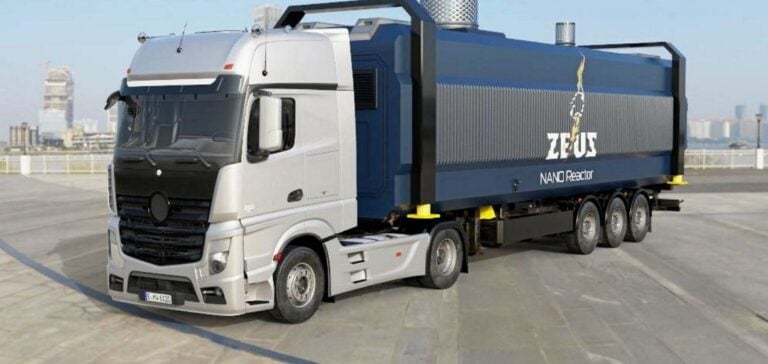The New York State Energy Research and Development Authority (NYSERDA) has recently received a joint response from NANO Nuclear Energy Inc. and Digihost Technology Inc. This initiative focuses on the potential integration of advanced nuclear technologies within the state’s energy infrastructure.
Project Objectives
The response to the RFI (Request for Information) aligns with efforts to optimize the energy management of Digihost’s facilities. The company currently operates a 60-megawatt production site in upstate New York, which could serve as a model for deploying next-generation microreactors. These devices, developed by NANO Nuclear, aim to meet the increasing local industrial demands for energy stability and cost management.
Economic and Energy Challenges
The proposed project highlights microreactor technology capable of delivering constant and predictable energy. According to data shared within NYSERDA’s call for information, these solutions could help mitigate costs associated with the volatility of fossil fuel prices while supporting the state’s strategic energy objectives.
NYSERDA has emphasized that this call for information seeks concrete proposals from industrial and technological players to diversify energy supplies while ensuring resilient infrastructure.
Collaboration with Public Authorities
The NYSERDA call, issued in November 2024, is part of a broader strategy to achieve zero emissions by 2040. State authorities are currently evaluating projects such as the one proposed by NANO Nuclear and Digihost to assess their economic impact and technological feasibility.
This partnership reflects a convergence of interests between public and private sectors to address regional energy challenges. The coming months will be crucial for the technical and economic validation of projects submitted under this call.






















